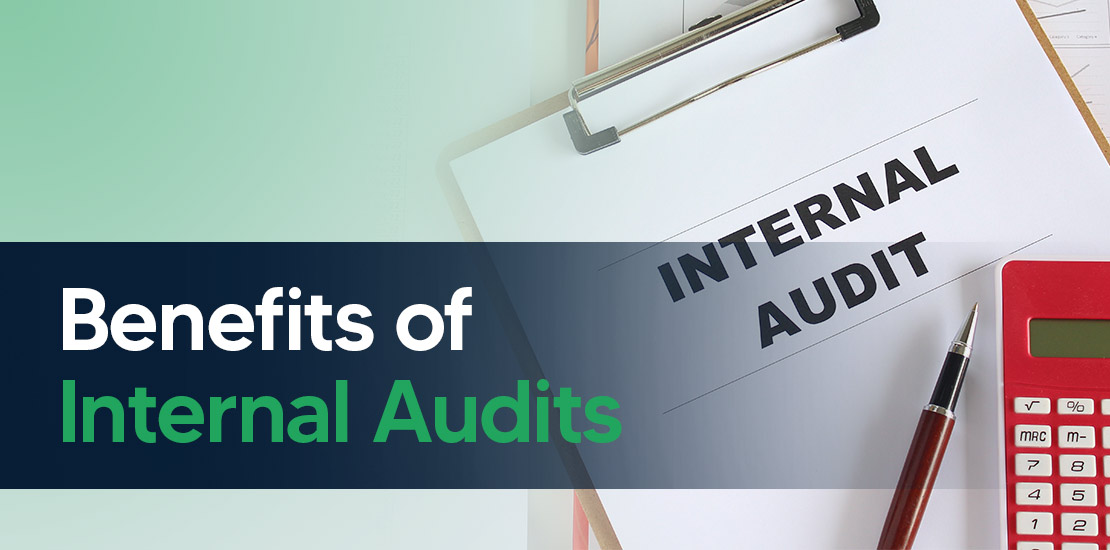Corporate Tax is one of the biggest changes to business rules in the UAE, introduced on June 1, 2023. The aim is to bring the UAE in line with global tax practices while still keeping the rates attractive for businesses. Now, if you run a company in the mainland, a free zone, or even offshore, corporate tax registration with the Federal Tax Authority (FTA) has become a must.
Registering on time is not just about following the law, it also helps you avoid penalties and shows your business is reliable and compliant. The whole process, however, depends on one key thing: having the right documents in place. If even one paper is missing or outdated, it can delay your registration and create unnecessary problems.
Dealing with the legalities can be tricky, but you don’t have to do it alone. Shuraa Tax offers expert help with corporate tax services in UAE. We can guide you through everything, from essential documents required for corporate tax registration to filing your tax returns, to make sure your business is fully compliant.
Who Needs to Register for Corporate Tax in UAE?
Almost every business or person engaged in business activities in the UAE must register for Corporate Tax. This is a mandatory requirement to ensure compliance with the new tax laws.
1. UAE-based businesses:
This includes all companies, partnerships, and other juridical entities established in the UAE mainland and free zones. Even if a free zone company qualifies for a 0% tax rate, it still needs to register and get a Corporate Tax Registration Number (TRN).
2. Foreign businesses:
Non-resident companies must register if they have a “Permanent Establishment” in the UAE. This means having a fixed business presence, such as a branch, office, or long-term project.
3. Individuals (Natural Persons):
You might need to register if you’re an individual earning income from a business or freelance activity in the UAE and your annual turnover exceeds AED 1 million. This doesn’t apply to income from salaries, personal investments, or real estate (in your personal capacity).
4. Exempted Persons:
Even entities that are exempt from paying Corporate Tax, such as government bodies or qualifying public benefit organizations, may still be required to register with the Federal Tax Authority (FTA) to prove their exemption status.
Note: Corporate tax is charged at 9% on profits above AED 375,000, while income up to AED 375,000 is taxed at 0% (to support small businesses and startups).
Documents Required for Corporate Tax Registration in UAE
When applying for corporate tax registration with the Federal Tax Authority (FTA), you’ll need to prepare and upload a set of documents. Each document plays an important role in proving your business’s identity, structure, and financial standing. Here’s a breakdown:
1. Trade License Copy
Your valid trade license is the most important document. It shows that your business is legally registered in the UAE and outlines the activities you are allowed to carry out. Make sure the license is renewed and up to date, as expired licenses can delay the registration process.
2. Certificate of Incorporation (if applicable)
This applies to certain types of businesses, such as companies incorporated in free zones or under specific laws. It’s proof that your company has been legally established and recognized by the authorities.
3. Memorandum of Association (MOA) or Articles of Association (AOA)
These documents explain the structure of your company, such as the roles of shareholders, shareholding percentages, and rules for company management. The FTA may need this to understand the ownership and control of the business.
4. Lease Agreement / Ejari Certificate
This serves as proof of your business address in the UAE. Whether it’s an office, warehouse, or shop, the FTA requires confirmation that your company has a registered physical location.
5. Passport and Emirates ID Copies of Shareholders/Owners
All major shareholders, owners, and sometimes directors need to provide valid passport copies and Emirates IDs (if they are UAE residents). This helps the FTA verify the individuals behind the business.
6. Details of Directors and Managers
Apart from the owners, you’ll need to submit details of people managing or controlling the business. This could include board members, directors, or managers authorized to make decisions on behalf of the company.
7. Tax Registration Number (TRN) – If Registered for VAT
If your business is already registered for VAT in the UAE, you’ll need to provide the VAT TRN certificate. It helps the FTA link your VAT and corporate tax records under one profile.
8. Latest Audited Financial Statements (if available)
While not mandatory for all businesses at the registration stage, submitting financial statements can support your application and help the FTA understand your company’s size and profitability. For larger businesses, this may become a requirement.
9. Bank Account Details
You’ll need to provide your company’s official bank account details, including the IBAN and account number. This ensures transparency and helps in linking financial transactions for tax purposes.
10. Power of Attorney (if applicable)
If someone else (like a tax consultant or PRO) is handling your corporate tax registration on your behalf, you’ll need to provide a notarized Power of Attorney. This document authorizes them to act for your business in front of the FTA.
11. Approvals from Relevant Authorities (if required)
Certain businesses in regulated sectors (like healthcare, education, or financial services) may need to submit approvals or licenses from their respective governing authorities. These are only required for specific industries.
12. Group or Parent Company Details (if registering as a tax group)
If your company is part of a bigger group or registering under the “tax group” scheme, you’ll need to provide:
- Parent company details
- Group ownership structure
- Supporting documents linking subsidiaries
This ensures the FTA recognizes the entire group as one tax entity where applicable.
Note: It is highly recommended to have your financial statements ready. The FTA may request financial statements to determine your tax liability and to confirm your business’s financial status, especially if you are claiming a zero percent tax rate. These documents include the income statement, balance sheet, and cash flow statement.
How to Register for Corporate Tax in the UAE?
Here’s a simple step-by-step guide for corporate tax registration in the UAE:
Step 1: Create an FTA Account
Visit the official FTA website: tax.gov.ae If you don’t already have an account, create one by providing:
- Email ID
- Password
- Security verification details
You’ll receive a confirmation email to activate your account.
Step 2: Log in to the FTA Portal
Once your account is active, log in with your credentials. Go to the Corporate Tax section inside the portal.
Step 3: Start a New Corporate Tax Registration Application
Select “Register for Corporate Tax.” The system will generate an application form for you. Before starting, carefully read the FTA’s instructions on eligibility and compliance.
Step 4: Fill in Basic Business Details
You’ll need to enter:
- Company name (as per license)
- Trade license number and expiry date
- Company type (mainland, free zone, offshore)
- Legal structure (LLC, sole establishment, etc.)
- Business activity
Step 5: Provide Owner and Management Information
Upload passport and Emirates ID copies of all shareholders/partners. Add details of directors, managers, or authorized signatories.
Step 6: Enter Contact and Address Information
Provide official company contact details (email, phone number). Enter your registered office address (lease/Ejari certificate details).
Step 7: Upload Required Documents
Attach all supporting documents, such as:
- Trade license
- MOA/AOA
- Passport & Emirates ID copies
- Bank account details
- Financial statements (if available)
Step 8: Review and Submit the Application
Double-check all entered details and uploaded documents. Submit the application online through the portal.
Step 9: FTA Review and Approval
The FTA will review your application. If additional information is needed, they will notify you via email. Once approved, your Corporate Tax Registration Number (TRN) will be issued.
Step 10: Maintain Compliance
Keep your TRN safe as it will be required for filing returns. File corporate tax returns annually based on your financial year. Maintain accurate records to avoid penalties.
Why Professional Assistance Can Help
Getting your corporate tax registration right in the UAE starts with having the correct documents in place. It not only makes the process smoother but also ensures you avoid unnecessary delays or compliance issues later. The sooner you register, the smoother things will be for you in the long run.
At Shuraa Tax, we’re here to make the process simple. From helping you collect the right papers to completing the registration, our team takes care of it all. Plus, we offer a full range of taxation services in the UAE, so whether it’s VAT, bookkeeping, audits, or compliance, we’ve got you covered.
Reach out to Shuraa Tax today and let us take the stress out of corporate tax for you.
📞 Call: +(971) 44081900
💬 WhatsApp: +(971) 508912062
📧 Email: info@shuraatax.com













